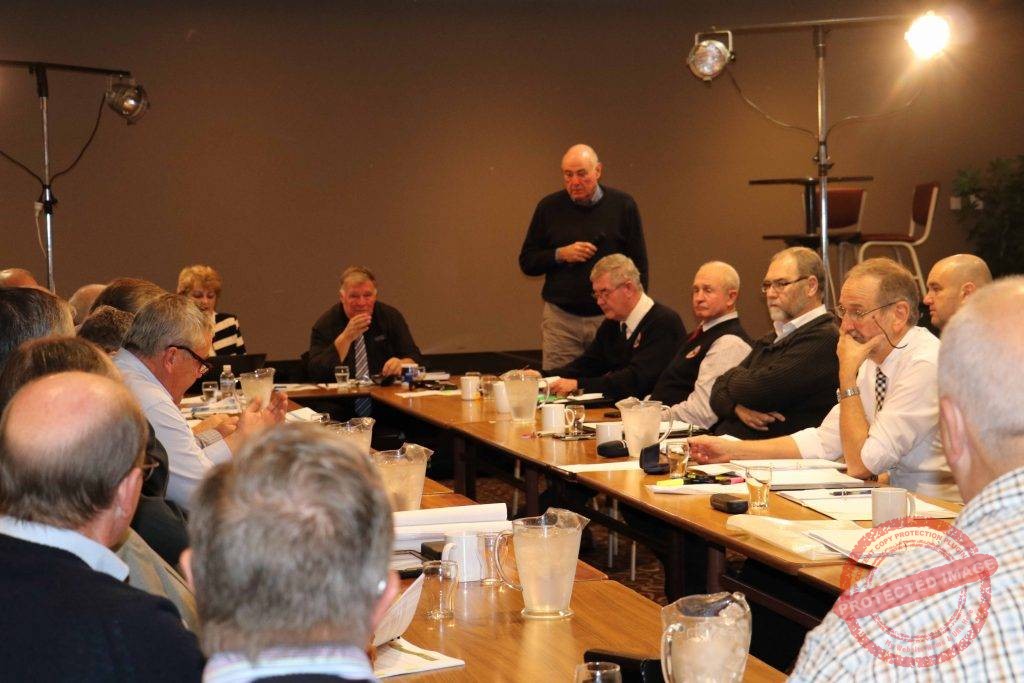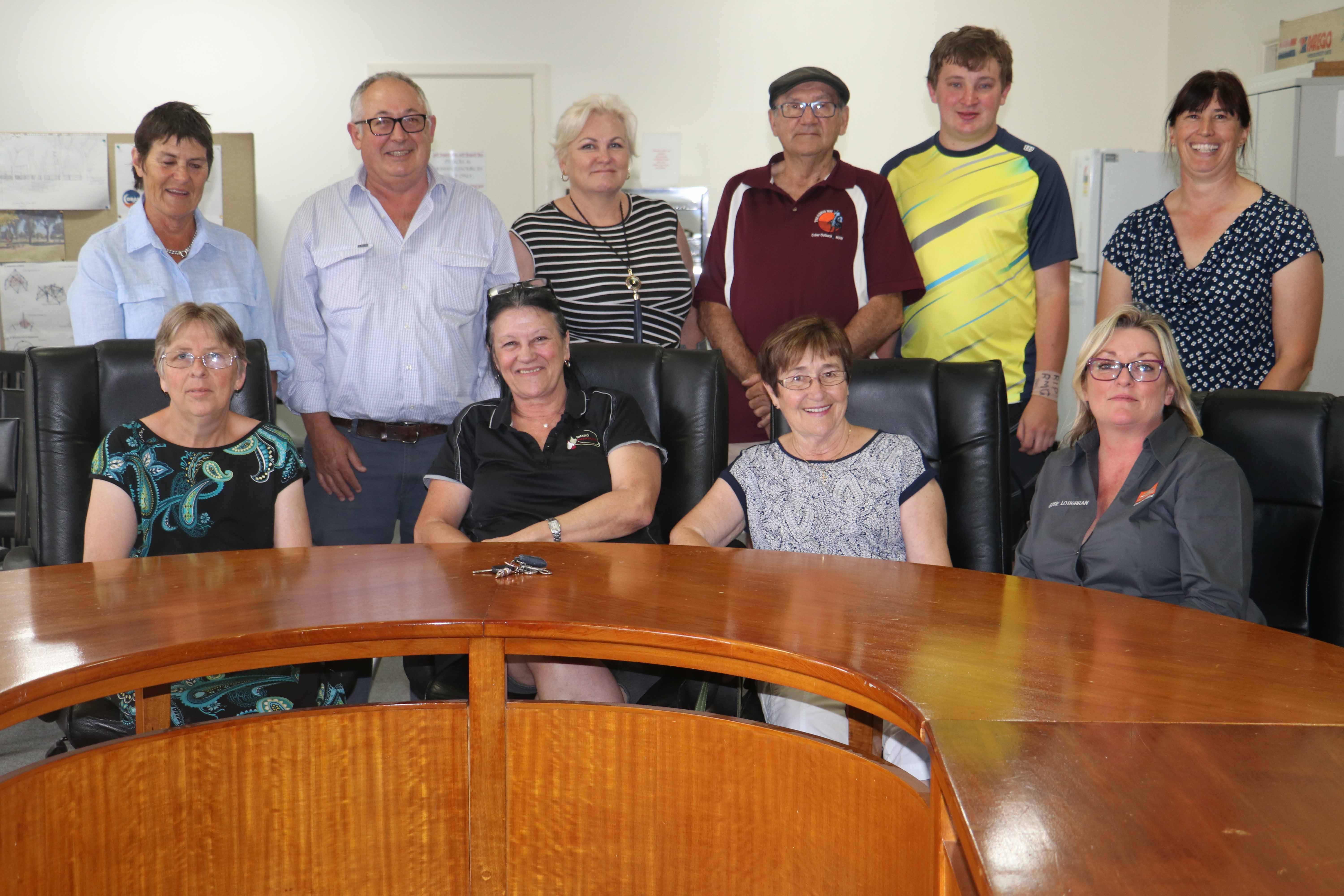
Councils from western New South Wales once again discussed their future at a meeting in Cobar on Monday.
President of the Division Balranald mayor Leigh Byron said a decision about the future of the eight councils in the Far West Initiative, which was part of the State Government’s Local Government Fit for the Future Agenda, was expected shortly.
This was one of the topics discussed when representatives of the 11 councils met as a Division earlier this week.
“Delegates from the eight councils have been meeting as an Advisory Council with Chairman John Williams and members of the Office of Local Government.
“A discussion paper is due to be released shortly on the options which have been put forward for consideration by the communities involved,” President Byron said.
He said the Division was hoping the options paper would be out very soon so something could be finalised.
“It has been a very long time since we started this discussion and it would be great to have something concrete so we could all go back to looking after our communities.
“The whole local government upheaval has cost local government a great deal of time and money.”
Cobar Shire Council general manager Peter Vlatko attended the meeting along with mayor Lilliane Brady, deputy mayor Peter Abbott and Cr Peter Yench.
Mr Vlatko said a number of councils spoke of their concerns with the proposed Far West Initiative.
Chairman of the FWI, John Williams, addressed the meeting on Monday
Mary Kovac from the Department of Primary Industry also spoke at Monday’s meeting about the draft Right to Farm Policy.
Also on the agenda was a report from Linda Cutler from Sydney University Rural Doctors Unit about increasing student placements in remote communities.
The meeting also discussed the inquiry in zonal taxation and the possible benefits of zonal taxation for regional economies, infrastructure and services in NSW.

